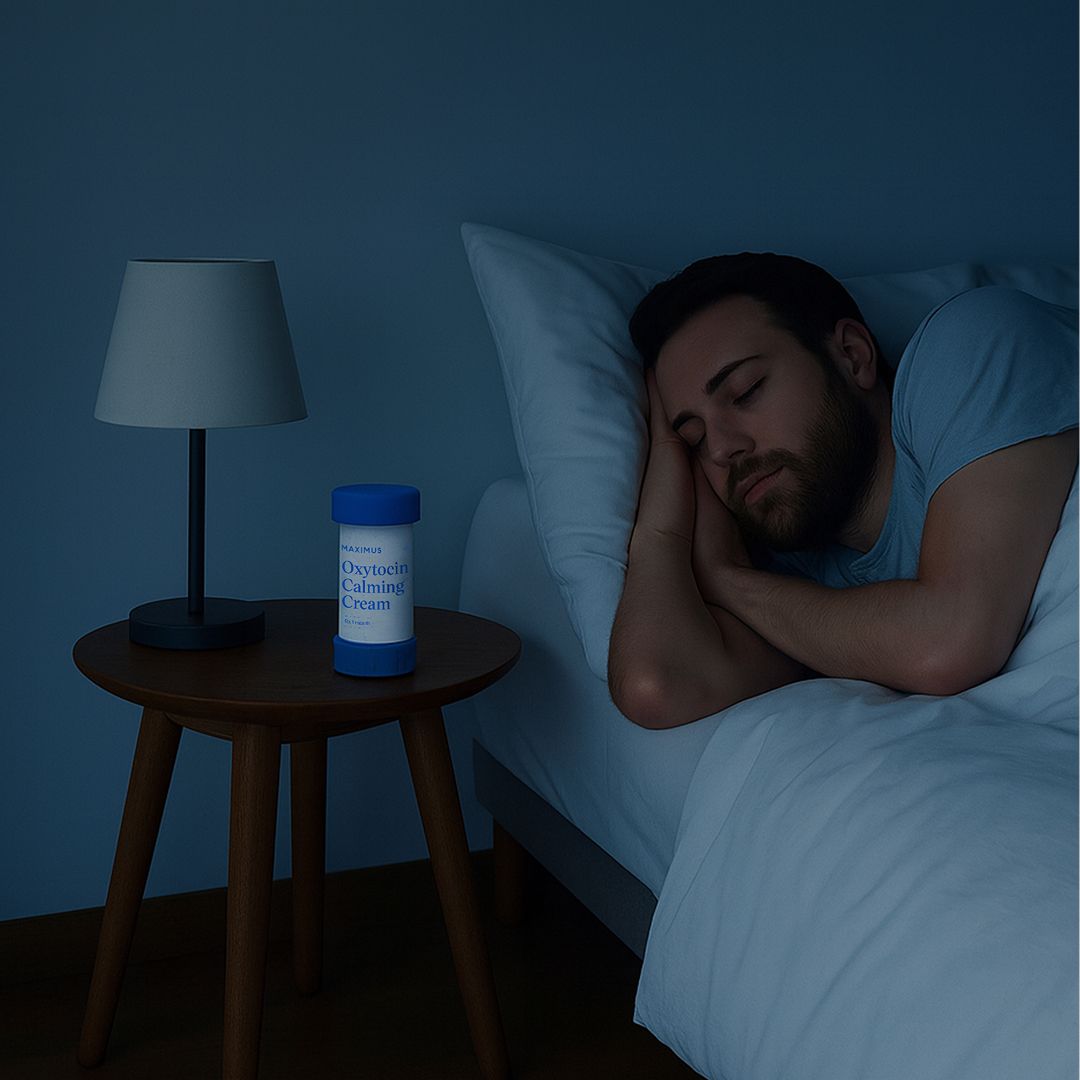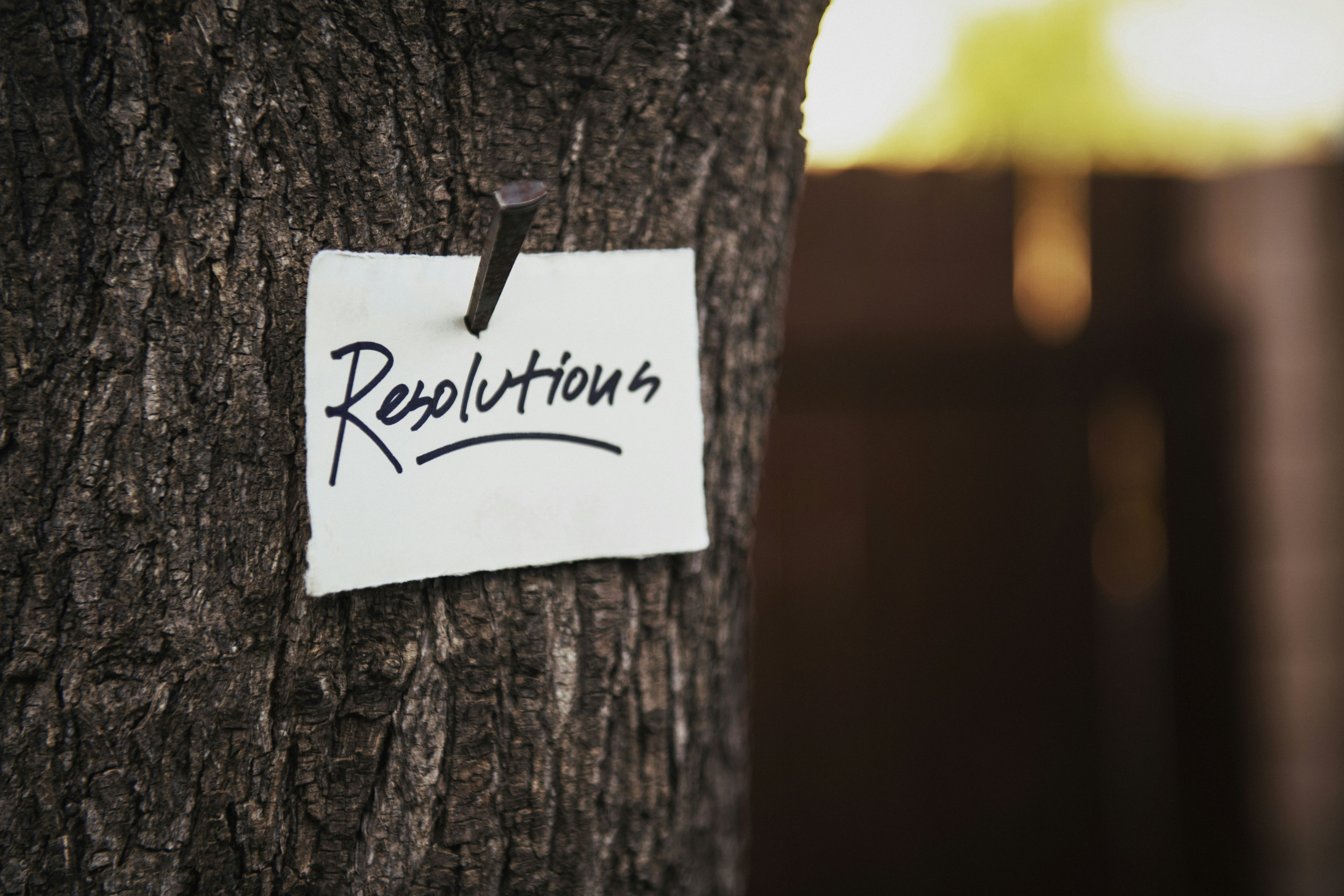If you have trouble keeping your New Year’s resolutions, you’re not alone. According to some estimates, a whopping 80% of people abandon their efforts by February and a measly 8% make it to the end of the year. In fact, the annual collective ritual of giving up is so common that some people have denoted January 17 as the official “Ditch New Year’s Resolutions Day,” and others designate the second Friday in January as “Quitter’s Day.”
While New Year’s Day is a popular time to enact change, let’s not forget that it’s just a day like any other. You can essentially set goals and form healthier habits any time of year as long as you have the right strategies in place.
Here are some of our favorites:
Prioritize your follow-through
When it comes to smashing goals, healthy habits pave the way. But don’t get stuck on the goal-setting stage. To reach the finish line, you must be willing to follow a system and repeat your efforts, especially at the very beginning. Studies show that it takes around 10 weeks of daily repetition to form a new habit. After that, it should feel a bit more effortless.
Build in cues and rewards
Not only should goals be SMART (specific, measurable, achievable, relevant, and time-bound), but they should also involve cues and rewards. The cue is what triggers the behavior, and the reward is what reinforces it.
For instance, if you’re trying to go to the gym every day before work, your cue could be setting an alarm or passing by the gym on the way to work. Your reward might be listening to your favorite podcast only when you work out or the social benefit of seeing friends at the gym. In the long run, rewards like muscle gains or improved energy will make the habit even stronger.
Don’t underestimate micro habits
Micro habits are small, simple actions you can take every day that will help you achieve big results. They’re hard for your brain to resist and require little commitment. So, you want to build a solid meditation practice and bliss out for an hour each day? Start off by meditating just one minute a day. Trying to be more active but have a tight work schedule and no time to yourself? Stand up and walk around for five minutes every hour at work. Here’s some evidence that micro habits work:
- Walking just 15 minutes a day has been found to increase a person’s life expectancy by three years.
- Practicing gratitude for 15 minutes a day can improve mental health and change your perspective.
- Spending only 10 minutes in nature significantly decreases feelings of depression and anxiety.
Practice radical accountability
When you make a daily commitment, follow through at all costs. For instance, if you resolve to hit the gym every weekday but get tied up one evening, stay up late and do it anyway. Lifting or running at 1 a.m. might not be your idea of a good time and you may not feel great the next day, but the discomfort will help reinforce your behavior just as well as a reward. You won’t want to feel this way again, so your brain won’t let you procrastinate again.
Establish a keystone habit
A keystone habit is a bit like a solid foundation that allows all your habits to flourish. Every morning, spend a few minutes jotting down what you’re going to do for the next several hours (maybe until lunchtime), which sets a clear intention for how you’re going to spend your time. When you’ve reached mid-day, check in with yourself again and write down how you’ll handle the next part of the day, setting a new intention for yourself. You can also take some time to reflect on how you spent the first part of the day. Did you follow through on your morning intention? Or did you run into barriers?
Hear Dr. Cam, CEO of Maximus, talk about his keystone habit process on the H.V.M.N. podcast with Geoffrey Woo.
Be altruistic
Most people’s New Year’s resolutions are too focused on themselves, which may be one of the reasons why they fail. Can you repurpose your resolution to be of service to others? After all, many of us make resolutions to make ourselves feel better, but research shows that people who are compassionate towards others have more happiness, health, and longevity, provided they’re not overwhelmed by their acts of service. In one 2017 study, researchers asked participants to either spend money on others or on themselves over the course of four weeks. Those who spent money on others reported more happiness than the control group. Here’s to calling in more generosity in the new year.
Dr. Cam’s Health Hack
Want a trick for dealing with resistance when it pops up to ruin your progress? Check out this pro tip from Dr. Cam:
“As a psychologist, I’m going to teach you a powerful, paradoxical trick to overcome your mind’s resistance when it doesn’t want to do a task.
Give in by telling your mind you’ll take it real easy, but in exchange, it’ll cooperate in starting right away.
Overcomes inertia 100%.
Example: you’re tired, it’s been a long day, and you know you should go to the gym, but your mind doesn’t feel up for it.
Deal! No need to lift heavy, you’ll just warm up, lift real light.
If you feel better along the way, you can always ramp up the intensity (& likely so).”
Some important takeaways
- While New Year's Day is a popular time for change, you can set goals and establish healthier habits any time of the year.
- It takes about 10 weeks of daily repetition to form a new habit.
- Goals should be SMART (specific, measurable, achievable, relevant, time-bound) and incorporate cues and rewards to trigger and reinforce desired behaviors.
- Resolutions in service to others may contribute to happiness, health, and longevity.
Disclaimer: The contents of this article, including, but not limited to, text, graphics, images, and other information, is for information purposes only and does not constitute medical advice. The information contained herein is not a substitute for and should never be relied upon for professional medical advice. The content is not meant to be complete or exhaustive or to be applicable to any specific individual's medical condition. You should consult a licensed healthcare professional before starting any health protocol and seek the advice of your physician or other medical professional if you have questions or concerns about a medical condition. Always talk to your doctor about the risks and benefits of any treatment. Never disregard or delay seeking professional medical advice or treatment because of something you have read on this site. Maximus does not recommend, endorse, or make any representation about the efficacy, appropriateness, or suitability of any specific test, products, procedures, treatments, services, opinions, healthcare providers or other information contained herein. Maximus is not responsible for, nor will they bear any liability for, the content provided herein or any actions or outcomes resulting from or related to its use.





